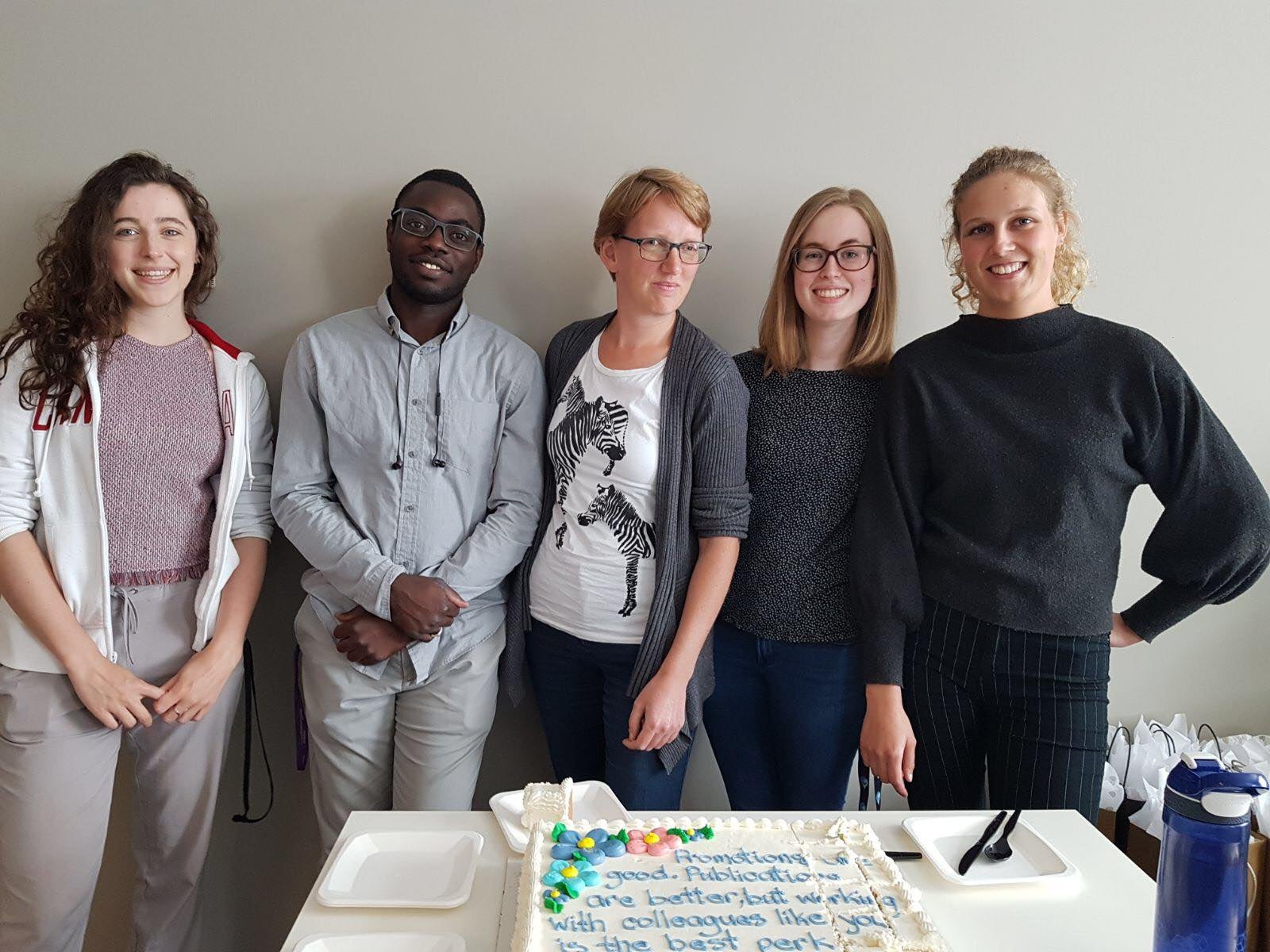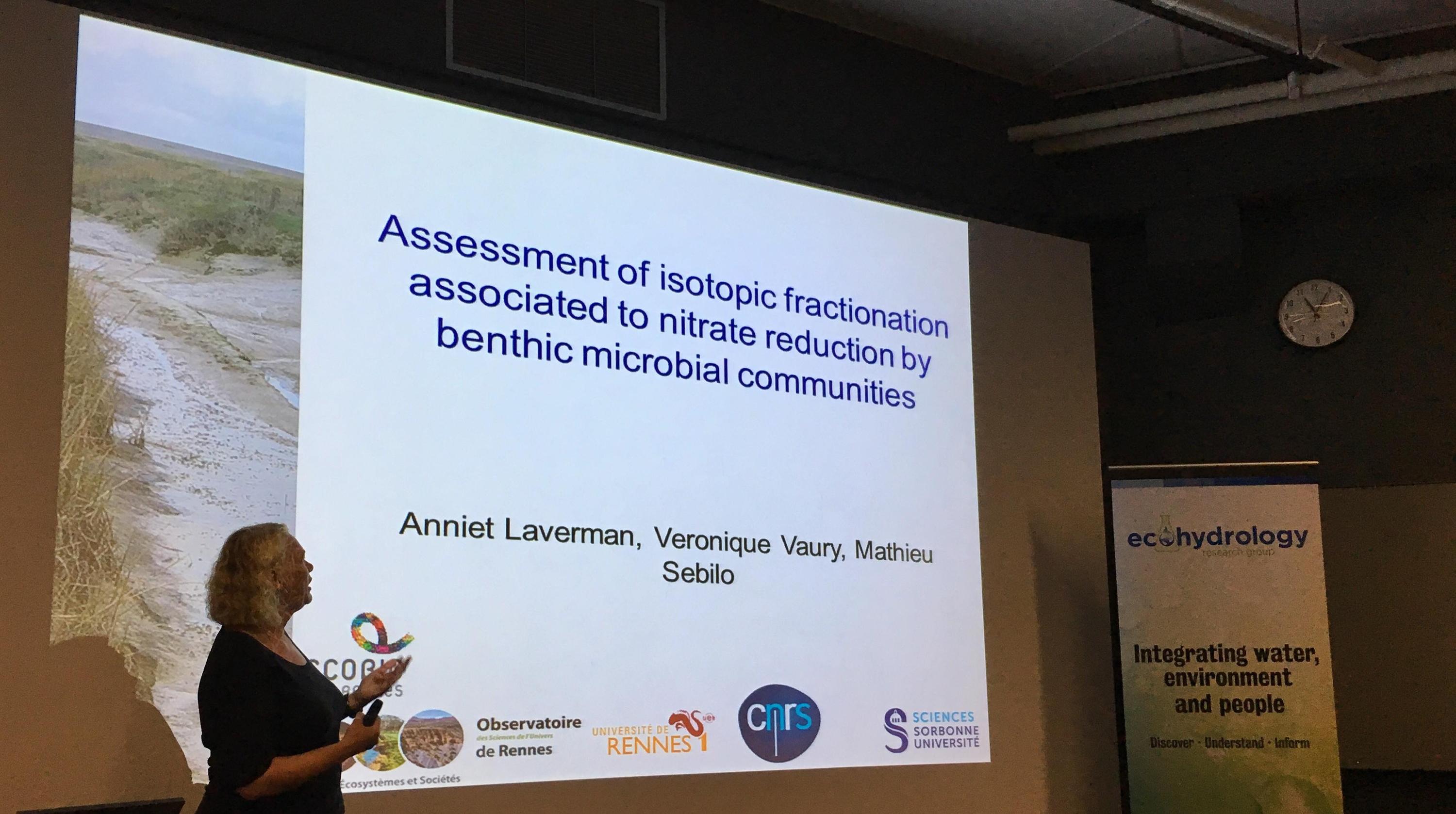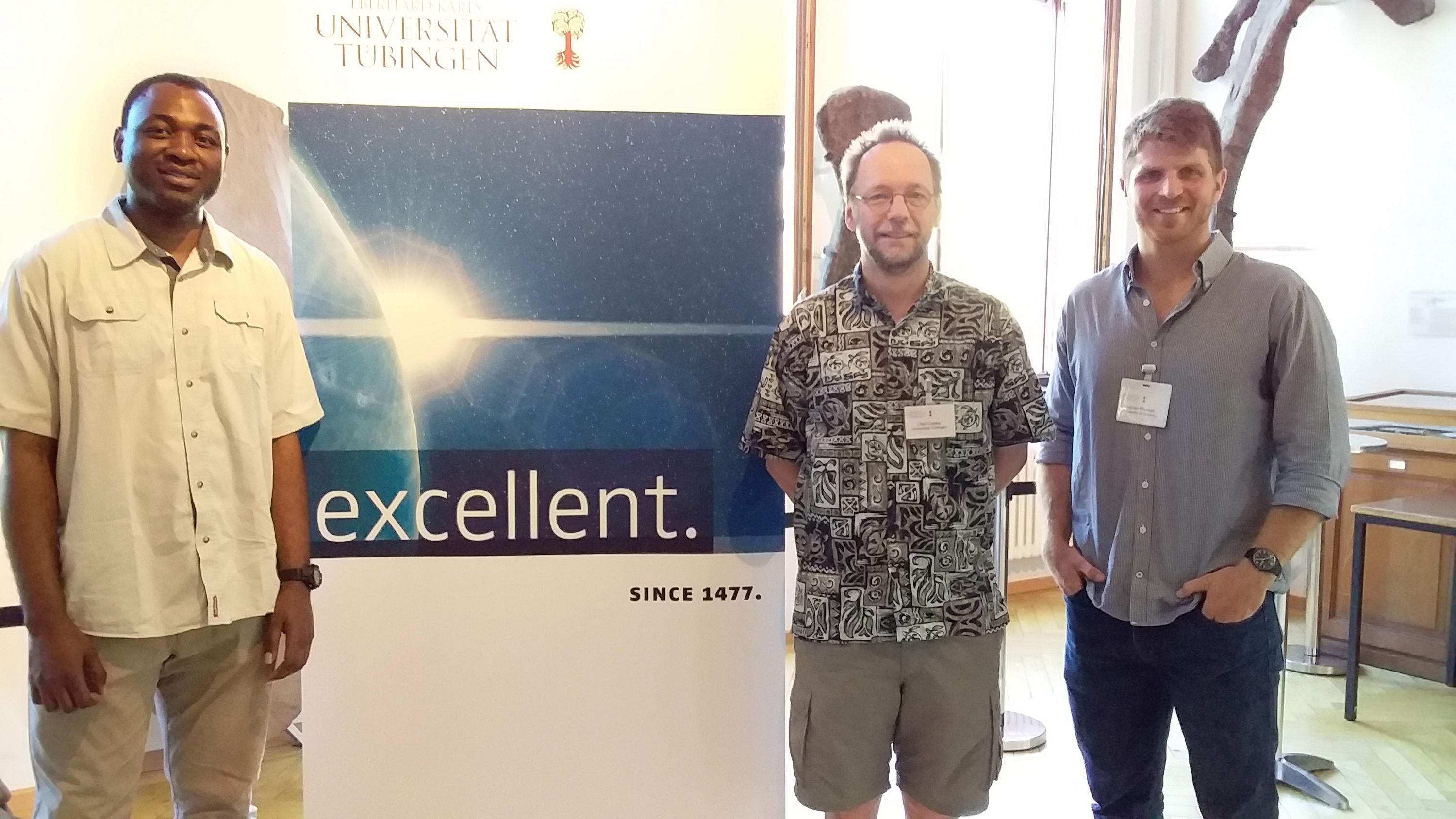Philippe and Shuhuan visit China University of Geosciences
The Ecohydrology Research Group (ERG) and the China University of Geosciences (CUG) in Wuhan are developing long-term collaborations on the geochemistry of black earth soils in northeast China and water quality issues in the central Yangtze River basin. Discussions on August 24 also included the possible establishment of a joint CUG-University of Waterloo technology centre in Wuhan. On August 25, Philippe and Shuhuan joined a group of CUG researchers in Yueyang City to plan future joint field work on Dongting Lake.


